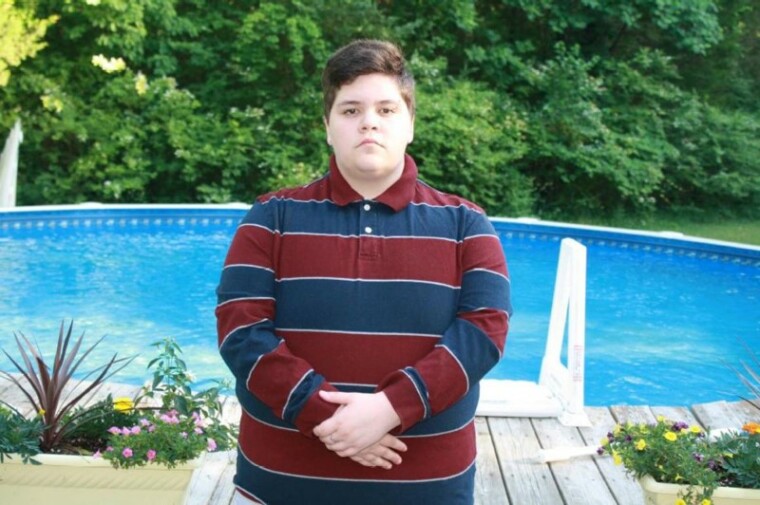Supreme Court to take case on transgender bathroom use

WASHINGTON (Christian Examiner) – The U.S. Supreme Court announced on Friday it will address key questions related to a court case in Virginia involving so-called "transgender rights."
In the case, in which student "Gavin Grimm" – a female identifying as a male – sued for the right to use the boy's restroom, the Gloucester County School Board is asking the court to overturn the opinion of the Fourth U.S. Circuit Court of Appeals. On April 19, the lower court ruled that transgender students have to be given access to the restroom of their choice based on Title IX in the Civil Rights Act.
The school board argues that the U.S. Department of Education, which issued "guidance" on transgender access to bathroom and locker room facilities last year, overstepped its bounds because it sought to enforce a definition of "male" and "female" not found in federal law, but in an interpretive letter from a low-level agency employee. That letter was never published for public review.
In light of the right to bodily privacy, federal law should not be twisted to require that a male be given access to the girls' facilities, or a female to the boys' facilities. The Supreme Court should reverse the 4th Circuit's ruling, which is out of step with the law and previous federal court precedent.
It also says the appellate court's ruling makes biological sex "ambiguous" and questions whether the rulings of an agency carry the force of a law passed by Congress.
The American Civil Liberties Union, which is representing Grimm, said in a statement that Grimm is a "17-year-old boy" who "just needs to pee" in the boy's restroom. Grimm has already had her breasts removed, but has not had "gender reassignment" surgery" yet.
"It is disappointing that Gavin will probably have to finish out his high school career under this harmful, humiliating policy," Josh Block, senior staff attorney with the ACLU's LGBT project, said.
"These sorts of discriminatory policies stigmatize and isolate transgender students like Gavin just because of who they are. We look forward to presenting Gavin's case to the Supreme Court as the next step in the fight to ensure fairness and equality for trans people across the country," Block said.
The case will again draw into focus the continued advance of liberal social policies at the high court. Last year, the court ruled 5-4 in favor of allowing same-sex marriage nationwide. In the opinion for the majority, Justice Anthony Kennedy said denying marriage to homosexual couples is an affront to their "dignity."
That sentiment could signal how the court will rule on the issue of transgender rights in this case. That has legal groups like Alliance Defending Freedom worried.
ADF's Senior Counsel Gary McCaleb said the legal group had filed an amicus brief with the court on behalf of more 8,900 concerned parents, students and student council groups who want the court to ensure the privacy of male and female students in their respective restrooms.
"Schools have a duty to protect the privacy and safety of all students," McCaleb said. "That's a compelling reason for the Supreme Court to review the Fourth Circuit's decision in this case, especially when other courts—including the 4th Circuit itself previously—have upheld that principle. In light of the right to bodily privacy, federal law should not be twisted to require that a male be given access to the girls' facilities, or a female to the boys' facilities. The Supreme Court should reverse the 4th Circuit's ruling, which is out of step with the law and previous federal court precedent."
In August, a district judge in Texas issued a preliminary nationwide injunction on the implementation of the Department of Education's transgender guidelines, as well.
U.S. District Judge Reed O'Connor said in a 38-page ruling said the federal government's interpretation of Title IX is wrong and the expansion of the definition of "sex" to include anything other than the two anatomical or biological categories of male and female is abuse of the Civil Rights statute.